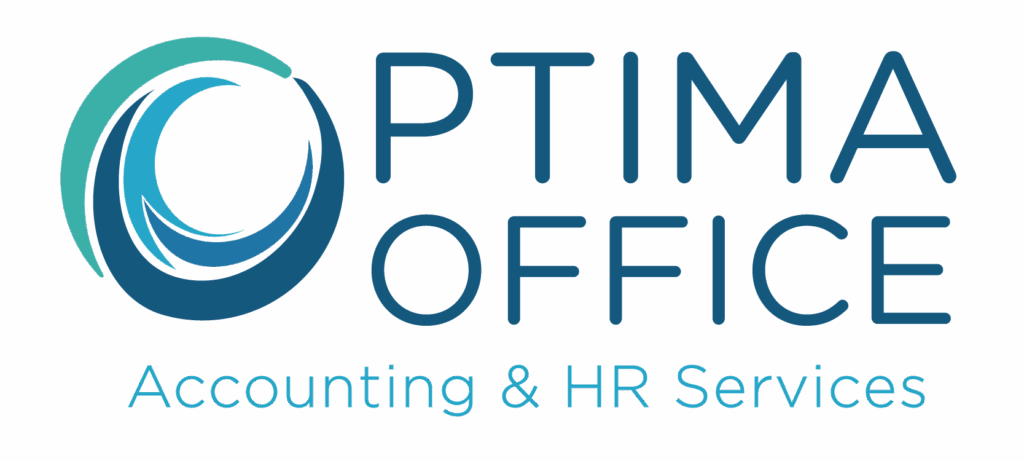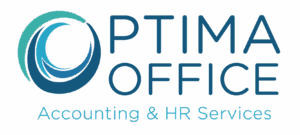If you are a CEO or business owner, you know that running a business is no small task. There are many aspects to consider when it comes to managing your company, and one of the most important positions is the Chief Operating Officer (COO). A COO is responsible for overseeing all operational activities within an organization. This includes ensuring that processes are efficient, effective, and aligned with the overall strategic objectives of the company. Let’s take a look at why it’s essential for your business to have a COO.
The Benefits of Having a COO
Having a strong COO in place can provide several tangible benefits for your organization. First, they will be able to identify any potential problems or areas of improvement within your operations and make quick decisions to address them. They also have experience with developing policies and procedures that support efficient operations as well as setting expectations for employees. In addition, they will have the capability to manage daily tasks while still keeping an eye on long-term goals.
Another benefit of having a COO is their ability to lead cross-functional teams towards achieving organizational goals. This includes delegating tasks efficiently, providing feedback and coaching on performance, and helping team members stay focused on their goals. Additionally, they will be able to develop strategies for improving customer service levels as well as developing new products or services that meet customer needs. Finally, they will be able to monitor key metrics such as revenue growth and cost savings initiatives while ensuring that the company remains profitable over time.
Finding the Right Fit
When looking for someone who would be right for this role within your organization, there are several characteristics you should consider. First, their skill set must align with your company’s mission and values as well as its current operations strategies and goals. They should also possess strong leadership qualities such as being organized and detail-oriented while also being decisive when it comes to making decisions quickly in order to keep up with changes in the marketplace or industry trends. Finally, they should have excellent communication skills in order to effectively collaborate with other senior leaders across departments in order to ensure alignment on shared objectives throughout the organization.
Optima Operations offers an invaluable service to small-to-mid-market businesses that need help advancing their goals. By providing chief operating officer services on a fractional, interim, and project basis, Optima Operations is able to bring in operational expertise to assist companies with gaining clarity, resolving issues they may be facing, improving profitability, and stimulating growth. It’s an invaluable service that can make all the difference with achieving business success.
With a trusted model of fractional support services, their highly-qualified COOs, CFOs, Controllers, and Senior Human Resource professionals have the extensive knowledge, experience, and expertise required to provide immediate assistance in managing your business.
- Fractional Executive – when there is a long-term interim management role but it’s not a full-time job.
- Interim Executive – when you need knowledge and experience on a key initiative for a 2 to 12-month period.
- Project – when you need an executive or expert with unique expertise to solve a specific problem or advance a specific initiative with defined activities and deliverables.
Optima’s fractional COO services encompass many functions of a business. Here are some of the foremost duties they cover:
1. Operations
- Design and implement business strategies, plans and procedures.
- Create comprehensive goals for performance and growth.
- Provide Entrepreneurial Operating System (EOS) integrators to support businesses running on and implementing EOS.
- Manage relationships with partners and vendors.
2. Information Technology
- Risk Management and cyber security oversight and/or management interface with outside providers.
- Guidance on overall IT strategy and spend, operational procedures & compliance.
3. Human Resources
- Establish policies and procedures that promote company culture and vision.
- Lead, coach, and mentor employees.
- Establish recruiting, onboarding, training, and development procedures that ensure the continued growth of the company.
4. Finance
- Implement Key Performance Indicators (KPI).
- Design Dashboards and Monthly reporting packages to drive efficiencies and results in company performance.
Offering affordable, competitive rates on its fractional executive services, Optima Office provides a clear and transparent consulting rate schedule that details the costs per hour based on the type and level of support you require.
In conclusion, having an effective Chief Operating Officer (COO) can offer many advantages for any organization looking to remain competitive in today’s marketplace . Not only will they be able to oversee all operational activities but they will also possess strong leadership skills which can help guide cross-functional teams towards achieving organizational goals more efficiently and cost effectively than if left alone without guidance from a professional leader. Ultimately, by finding someone who aligns well with both your mission statement and current operations strategies , you can ensure that having a COO on board is beneficial not only now but also into the future.
Visit this link for more information:




